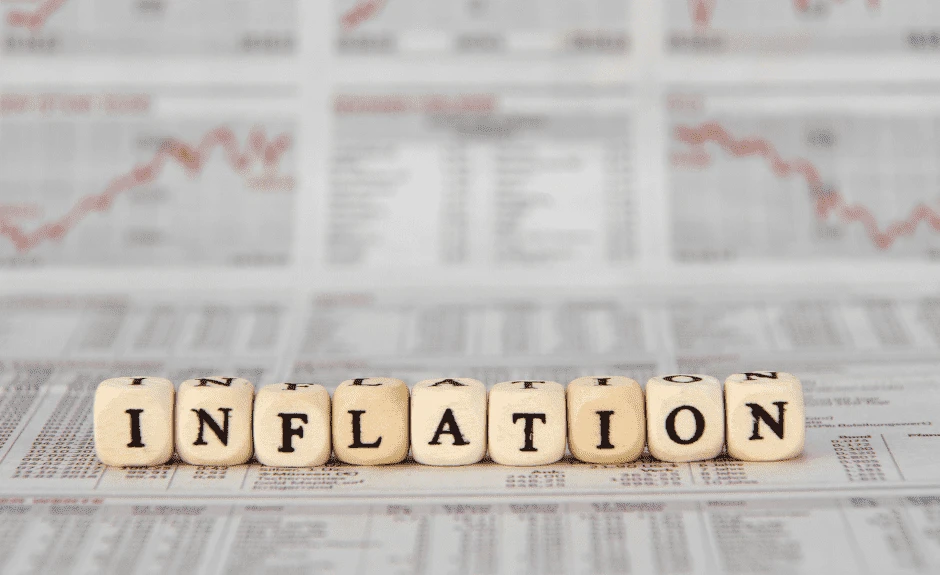
- Risk managment
- Trading basics
How to hedge savings against inflation in 2024
Do you want to know how to make money from this?
Register for free and get expert advice, access to a training course and webinars.
The consumer price index for March 2024 turned out to be higher than expected, which signals a further increase in inflation in the American economy. In addition, the Turkish lira has continued to depreciate for 5 years: in annual terms, its inflation is almost 70%.
As you can understand, inflation processes are a hot topic for markets at the moment. Inflation is a significant risk to maintaining the cost of goods and services in the long term. It also has a significant impact on investment portfolios because the real rate of return (return minus inflation) can be significantly lower than the nominal rate.
Understanding the impact of inflation and finding ways to protect against it are important tasks for both consumers and traders. To protect their investments from inflation, investors can use various strategies, such as portfolio diversification and choosing inflation-resistant assets.
Types of inflation
Demand inflation, often described as “too much money for too few goods,” occurs due to an increase in the demand for goods and services or a shortage of those goods. It drives up prices and impacts consumers by making purchases more costly.
Cost-push inflation, also known as wage inflation, is caused by rising prices of inputs used in production. This may be caused by increases in wages or raw material prices. Cost-push inflation often leads to a decrease in the supply of goods, which in turn increases prices.
Embedded inflation is the expected rate of inflation based on past rates of demand-side and cost-push inflation and the overall business cycle. It influences economic expectations and planning, as well as the real rate of return that investors seek to achieve.
How to hedge against inflation?
Invest in gold and other precious metals. In addition to their aesthetic value, they have the unique ability to retain purchasing power. Gold and other precious metals such as silver, platinum and palladium are liquid in the markets and are not subject to deterioration. Inflation can devalue a currency, but gold and precious metals have historically held up their relative value and purchasing power well.
Invest in the stock market. While inflation can negatively impact stock prices and rising interest rates can potentially lead to a recession, that doesn’t mean investors should sell out of their stocks entirely. Historically, long-term stock investing has provided significant benefits to those seeking to create wealth. In times of instability, such as during inflation or a recession, having a well-diversified portfolio becomes even more important.
Buy alternative investments. In addition to traditional methods of protecting against inflation, there are alternative options based on investing in assets that can generate income, demonstrate growth during periods of inflationary pressure, or are not correlated with inflationary fluctuations. One such example is real estate, which, in addition to the potential increase in value, has the ability to bring investors a stable income.
Do you want to know
How to make money from the news
Register for free and get:
- Expert consultation;
- Access to the training course;
- Opportunity to participate in webinars

